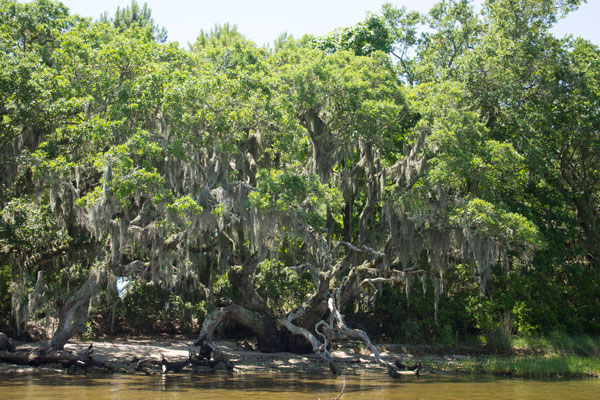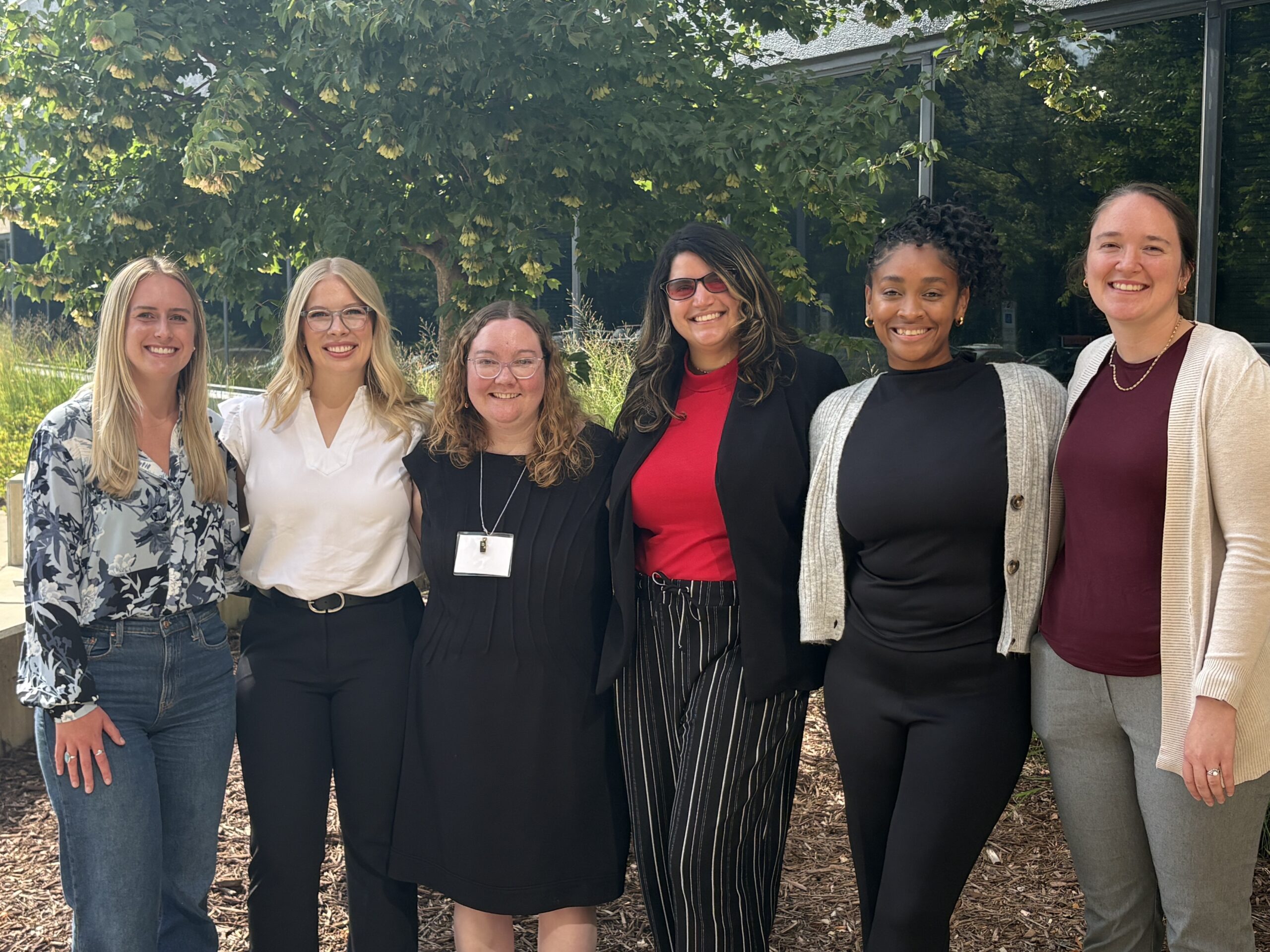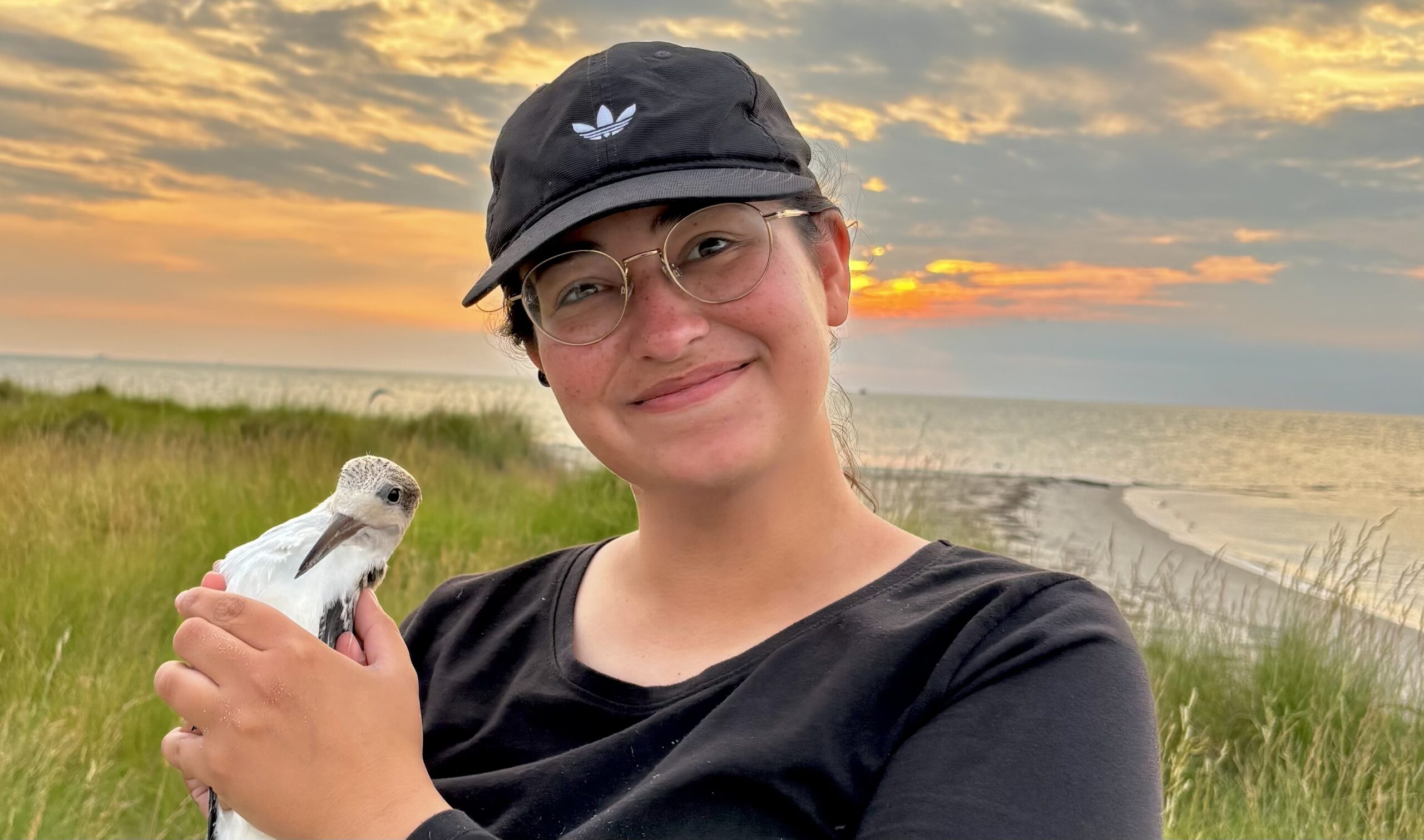NC Sea Grant/APNEP Offer 2018 Joint Fellowship

Photo courtesy APNEP
FOR IMMEDIATE RELEASE
Contact:
Katie Mosher, 919-515-9069, kmosher@ncsu.edu
John Fear, 919-515-9104, jmfear@ncsu.edu
North Carolina Sea Grant and the Albemarle-Pamlico National Estuary Partnership, or APNEP, are accepting applications for the 2018 Graduate Fellowship in Estuarine Research. The fellowship will support one graduate student based in North Carolina or Virginia to conduct applied research within the North Carolina portion of the APNEP management boundary.
“This partnership is a great way to leverage resources and also support students,” notes John Fear, Sea Grant deputy director.
Bill Crowell, APNEP director, agrees, noting that the ongoing partnership with Sea Grant will increase data available for a critical subject. “This fellowship will provide new information needed to identify, protect and restore the Albemarle-Pamlico region’s significant resources,” he adds.
The selected fellow must conduct research that addresses one or more of the following focus areas:
- Impacts of aquatic invasive species on ecosystems and human communities
- Impacts of harmful algal blooms on ecosystems and human communities
- Sediment/water column interactions
Proposed work should be relatable to both APNEP’s Comprehensive Conservation and Management Plan and Sea Grant’s Strategic Plan.
Fellowship funds of up to $10,000 will be channeled through the fellow’s major professor, who must agree to serve as principle investigator on the project.
Applications materials must be received by 4 p.m. on Friday, July 27, 2018.
Full details are available at ncseagrant.ncsu.edu/ncsg-apnep-fellowship/.
APNEP is hosted by the N.C. Department of Environmental Quality and is one of 28 National Estuary Programs supported by the U.S. Environmental Protection Agency.
North Carolina Sea Grant is a multicampus program within the University of North Carolina system and is part of the national Sea Grant Network supported by the National Oceanic and Atmospheric Administration.
- Categories:


